Discover Writ Large
Writ Large

Writ Large
Author: Zachary Davis
Subscribed: 118Played: 3,868Subscribe
Share
© Zachary Davis
Description
There’s more to a book than what’s written on its pages: a book can change the world. In each episode of Writ Large, host Zachary Davis talks with one of the world’s leading scholars about one book that shaped the world we live in—whether you’ve heard of it or not. These conversations go beyond the plot summaries to unpack each book’s context and creation, and reveal its lasting influence on the ideas of today. Learn more at writlarge.fm
102 Episodes
Reverse
Martin Heidegger did not like small thoughts. He was fascinated by the most expansive questions humans can ask themselves. Questions like: Why are we here at all? Why do things exist as they do? What does it mean to be in the world? Heidegger came to believe that many of the modern answers to these questions were based on old, unexamined assumptions. Instead of accepting those assumptions, Heidegger wanted to return to the great philosophical texts of the past and see if he could recover and reveal deep truths that had been obscured or forgotten. The result of this intellectual treasure-hunting is his most well known work, Being and Time, published in 1927. Despite its dark context, Being and Time remains essential reading for engaging with the vexing challenges presented by modernity. Peter Gordon is the Amabel B. James Professor of History, Faculty Affiliate in the Department of Germanic Languages and Literatures, and Faculty Affiliate in the Department of Philosophy at Harvard University. He is a critical theorist and an historian of modern European philosophy and social thought, specializing in Frankfurt School critical theory, phenomenology, existentialism, and Western Marxism. See more information on our website, WritLarge.fm.
Learn more about your ad choices. Visit megaphone.fm/adchoices
In Paris in 1953, one of the strangest and most popular plays of the 20th century premiered, Waiting for Godot, written by the Irish writer Samuel Beckett. Since the premier, people have been trying to figure out what this play means. It’s been interpreted in countless ways, with no definitive confirmation from Beckett one way or another. Waiting for Godot is famous as a play about nothing, but it has endured because it is in fact a play about life. For what is life but a sequential collection of waitings? Waiting for school to end. Waiting to find someone to love. Waiting to know what to do. Waiting to feel better. Waiting for money or recognition. And ultimately, the last waiting, waiting for death. And yet, between all these waitings, we find meaning to continue on. Peter Connor is a professor of French and Comparative Literature at Barnard College. He is the author of Georges Bataille and the Mysticism of Sin (Baltimore: Johns Hopkins U.P., 2000). See more information on our website, WritLarge.fm. Follow us on Twitter @WritLargePod.
Learn more about your ad choices. Visit megaphone.fm/adchoices
William Shakespeare is the greatest writer in history, and Hamlet is his greatest work. In Hamlet, Shakespeare gave us one of the first modern characters in literature. We are invited into the mind of Hamlet, to see how he thinks and acts in the face of love, grief, and revenge. It is a work of deep psychological complexity, and has inspired many writers to explore and reveal the inner lives of their characters. Part of what keeps Hamlet alive is its delicate balance of textured specificity and capacious vagueness. It is specific enough for Hamlet to feel real while also inviting endless interpretations. Michael Dobson is the director of the Shakespeare Institute in Stratford-upon-Avon. He is the author of “Cutting, interruption, and the end of Hamlet” See more information on our website, WritLarge.fm. Follow us on Twitter @WritLargePod.
Learn more about your ad choices. Visit megaphone.fm/adchoices
Don Quixote was written by Spanish author Miguel de Cervantes. He wrote it in two parts. Part one was published in 1605, and part two ten years later, in 1615. The story is centered around a middle aged guy named Alonso Quijano who is obsessed with stories of brave medieval knights—so obsessed that he decides to create a new persona for himself and live in a fictitious world of his own creation as Don Quixote. Don Quixote goes on all sorts of misguided adventures; fighting a windmill, jousting with a flock of sheep, and usually losing these battles in humiliating fashion. Timothy Hampton is a professor of comparative literature and French at the University of California at Berkeley. He is the author of Fictions of Embassy: Literature and Diplomacy in Early Modern Europe See more information on our website, WritLarge.fm. Follow us on Twitter @WritLargePod.
Learn more about your ad choices. Visit megaphone.fm/adchoices
The French writer Marcel Proust was fascinated by life. But he was even more interested in how we perceive life. In 1908, when he was in his late 30s, he began to write a novel that explored themes of memory, identity, and the passage of time. This project consumed him until he died in 1922. By the end, his novel came out at more than 1.2 million words—that’s 3,000-4,000 pages depending on the edition. Much of the work was inspired directly from his life, sometimes memories of the past, and sometimes experiences that were unfolding in the present. In English, the novel goes by the title In Search of Lost Time. Although it does have a plot of sorts, this book is more about ideas, and less about a storyline. Elisabeth Ladenson is Professor of French and Comparative Literature and General Editor of Romanic Review at Columbia University. She is the author of Proust’s Lesbianism. Michael Lucey is Professor in the French department at University of California Berkeley. He is the author of What Proust Heard: Novels and the Ethnography of Talk See more information on our website, WritLarge.fm. Follow us on Twitter @WritLargePod.
Learn more about your ad choices. Visit megaphone.fm/adchoices
Many people made the European Enlightenment, but probably nobody better represents the movement’s spirit than the French writer and philosopher Voltaire. He was a man of letters and strong critic of the Catholic Church. In 1759 Voltaire published one of his best known works, Candide. In this satirical fable, Voltaire used current events of the day—like the 7 Years War and the 1755 Lisbon earthquake—to explore larger philosophical questions, such as how there could be evil in a world created by a benevolent god. In Candide, Voltaire frees us from the naive optimism that there is a perfect order to things. Carla Hesse is the Peder Sather Professor of History at the University of California, Berkeley. She is the author of The Other Enlightenment: How French Women Became Modern See more information on our website, WritLarge.fm. Follow us on Twitter @WritLargePod.
Learn more about your ad choices. Visit megaphone.fm/adchoices
In 1967, Colombian author Gabriel García Márquez published his masterpiece, One Hundred Years of Solitude. Because of that book, he won the Nobel Prize in literature in 1982. One Hundred Years of Solitude is a story about life, death, endings, and beginnings. It is a novel that invites its readers to think about their own past, and accept the complex and mysterious forces that have shaped them. It calls into question our relationship to nostalgia, and the role memory plays in shaping our futures. Héctor Hoyos is an Associate Professor of Latin American literature and culture at Stanford University. He is the author of Beyond Bolaño: The Global Latin American Novel. See more information on our website, WritLarge.fm. Follow us on Twitter @WritLargePod.
Learn more about your ad choices. Visit megaphone.fm/adchoices
Perhaps more than any other book, Ulysses has the reputation of being difficult—it is dense, allusive, and often hard to follow. But Joyce wasn’t trying to be challenging for its own sake, or because he sadistically wanted to punish future students assigned his book. Quite the contrary. With Ulysses, Joyce wanted to explore and convey what it is to be alive. And just like his book, life is difficult and confusing, but also thrilling and joyful. Catherine Flynn is Associate Professor, Affiliate of the Program in Critical Theory, Director of Berkeley Connect in English, and Director of Irish Studies at the University of California Berkeley. She is the author of James Joyce and the Matter of Paris. See more information on our website, WritLarge.fm. Follow us on Twitter @WritLargePod.
Learn more about your ad choices. Visit megaphone.fm/adchoices
Those of us living today generally think of ourselves as modern, that we live in modern times, and that we are very different from the people of the past. But there is an important thing that we share with all humans who have come before—we ask ourselves big, hard questions about life, questions like how we should live and why the world is so full of suffering. Each era comes up with answers to these questions. And although sometimes the answers last a long time, they are never permanent. As times change, people demand new answers. In his 1966 book The Legitimacy of the Modern Age, German philosopher Hans Blumenberg explores the evolution of humanity's answers to our perennial questions. Martin Jay is the Ehrman Professor of European History Emeritus at UC Berkeley. He is the author of Discussing Modernity: A Dialogue with Martin Jay. See more information on our website, WritLarge.fm. Follow us on Twitter @WritLargePod.
Learn more about your ad choices. Visit megaphone.fm/adchoices
In the early 20th century, Europe and North America were undergoing a radical transformation. Scientific, technological, and political changes disrupted many traditional forms of life. The growth of cities opened up new freedoms and opportunities and scientists like Sigmund Freud and Ernst Mach were developing new theories about how we perceive the world and construct reality. These cultural changes gave birth to a form of art that reflected the new sensibilities of this era—modernism. The modernist literary movement was characterized in particular by its interest in revealing the inner psychology of its characters. And few texts were as successful in this goal as Virginia Woolf’s 1925 novel Mrs Dalloway. Dora Zhang is Associate professor of English and Comparative Literature at UC Berkeley. She is the author of Strange Likeness: Description and the Modernist Novel. See more information on our website, WritLarge.fm. Follow us on Twitter @WritLargePod.
Learn more about your ad choices. Visit megaphone.fm/adchoices
In a podcast about books that have changed the world, I bring you the book that I think changed the world the most: The Hebrew Bible. Specifically, the first book of the Hebrew Bible: Genesis. The Book of Genesis is an account of the origins of the world, human beings, and the Jewish people. It is a foundational text for three world religions: Judaism, Christianity, and Islam. For thousands of years, Genesis has given its readers a foundation, a story that helps give an account of why the world exists, who we are, and how we should act. In a chaotic and unpredictable world, Genesis, this ancient set of stories, offers grounding, continuity, and deep meaning. Ronald Hendel is the Norma and Sam Dabby Professor of Hebrew Bible and Jewish Studies at the University of California, Berkeley. He is the author of The Book of Genesis: A Biography See more information on our website, WritLarge.fm. Follow us on Twitter @WritLargePod.
Learn more about your ad choices. Visit megaphone.fm/adchoices
Humans love stories. And no collection of stories is more beloved worldwide than the Middle Eastern folk tales known as One Thousand and One Nights. The original collection only contained about 40 stories. It was compiled into a manuscript sometime between the 8th century and the 14th century during the Islamic Golden Age. The stories were made popular in the West by the French translator Antoine Galland who got a hold of this original manuscript in the 1690s. Galland began translating and publishing these stories in French. They were an instant hit. But some of the most popular stories, such as Aladdin and Ali Baba didn’t appear in that original manuscript. Paulo Lemos Horta is an associate professor of literature at New York University Abu Dhabi. He is the author of Marvellous Thieves: Secret Authors of the Arabian Nights See more information on our website, WritLarge.fm. Follow us on Twitter @WritLargePod.
Learn more about your ad choices. Visit megaphone.fm/adchoices
The writer and activist James Baldwin grew up in a majority white America that saw white American lives as standard and universal, and Black American lives as different and particular. But in his 1963 book The Fire Next Time, Baldwin showed that his life as a Black man in America was universally human. Josef Sorett is the Professor of Religion and African American and African Diaspora Studies at Columbia University. He is also chair of the Department of Religion and directs the Center on African-American Religion, Sexual Politics and Social Justice. He is the author of Spirit in the Dark: A Religious History of Racial Aesthetics. See more information on our website, WritLarge.fm. Follow us on Twitter @WritLargePod.
Learn more about your ad choices. Visit megaphone.fm/adchoices
The Victorian era is known for its class rigidity and moral strictness. In her 1847 novel Jane Eyre, Charlotte Brontë gave us a robust, layered character who pushes against cultural norms and fully embraces her complexity. She’s crabby, difficult, and gets depressed. But she’s also smart and passionate. And she claims the right to love and be loved because she is all these things—fully human. Sharon Marcus is the Orlando Harriman Professor of English and Comparative Literature at Columbia University. She is the author of Apartment Stories: City and Home in Nineteenth-Century Paris and London and Between Women: Marriage, Desire, and Friendship in Victorian England. See more information on our website, WritLarge.fm. Follow us on Twitter @WritLargePod.
Learn more about your ad choices. Visit megaphone.fm/adchoices
How do you create a fair society? Who deserves to rule? What rights do citizens have? How are those rights protected? What does it mean to act morally within society? These are the kinds of questions political philosophers furrow their brows and scratch their chins trying to answer. In 1971, an American philosopher named John Rawls introduced a new answer: justice as fairness. Michele Moody-Adams is the Joseph Straus Professor of Political Philosophy and Legal Theory at Columbia University. She is the author of Fieldwork in Familiar Places: Morality, Culture and Philosophy. See more information on our website, WritLarge.fm. Follow us on Twitter @WritLargePod.
Learn more about your ad choices. Visit megaphone.fm/adchoices
When he was in his late 30s, the Italian poet Dante Alighieri got himself into some serious political trouble and was exiled from his beloved Florence. While in exile, he wrote one of the world’s greatest literary works, the Divine Comedy. In the story, Dante, the main character, must pass through the nine circles of Hell, climb Mount Purgatory, and ascend to Heaven to reach salvation. Along the way he meets all sorts of characters including the Roman poet Virgil, various politicians of his time, teachers from his school, and his one true love. Nassime Chida is a Core Lecturer in Literature Humanities at Columbia University. She is the author of Local Power in Dante’s Inferno. See more information on our website, WritLarge.fm. Follow us on Twitter @WritLargePod.
Learn more about your ad choices. Visit megaphone.fm/adchoices
In 1925, on the French occupied island of Martinique, one of the most prominent voices in post colonial theory was born, Frantz Fanon. He was born to parents of both African and French descent, and was brought up in the ways of French culture. For most of Fanon’s life, he identified with French nationality. He even fought for France in WWII. But despite his initial loyalty to France, the French colonizers didn’t see Fanon as equal. In his early adulthood, Fanon began to see colonialism for what it really was. He became a vocal critic of colonialism. In his 1961 text The Wretched of the Earth, Fanon wrote about the psychological effects of colonialism, and the psychological hurdles of decolonization. Manan Ahmed is a historian and associate professor at Columbia University. He is the author of A Book of Conquest: The Chachnama and Muslim Origins in South Asia See more information on our website, WritLarge.fm. Follow us on Twitter @WritLargePod.
Learn more about your ad choices. Visit megaphone.fm/adchoices
In 1948, English author George Orwell wrote what would become one of the defining novels of the 20th century, 1984. He was writing in the years following WWII and the beginning of The Cold War. It was a tense time, full of uncertainty and the spectre of Soviet communism loomed. In 1984, Orwell introduced all kinds of terms to describe the dystopian society of his novel, such as “thought police”, “memory hole”, “big brother”, and “unperson.” And in his view, Orwell wasn’t attempting to describe a fantastical world with no correspondence to our own, or even just satirizing the excesses of the Soviet regime. He was sounding a warning to his own society. Priya Satia is the Raymond A. Spruance Professor of International History Professor of History at Stanford University. She is the author of Empire of Guns: The Violent Making of the Industrial Revolution and Time’s Monster: How History Makes History See more information on our website, WritLarge.fm. Follow us on Twitter @WritLargePod.
Learn more about your ad choices. Visit megaphone.fm/adchoices
By the time we reach middle age, our lives have taken certain paths. Sometimes these paths are close to what we imagined in our youth. But more often, they’re dramatically different. We come to realize that there are larger, invisible forces that tend to have just as much a say, or more, in how our lives go as we do. In her 1871 novel Middlemarch, the English writer George Eliot explored this experience of ‘middleness’—a time halfway between what has already happened, and what has yet to happen. A time when we feel more sharply our own limitations. Nicholas Dames is Theodore Kahan Professor in the Humanities at Columbia University. He is the author of Amnesiac Selves: Nostalgia, Forgetting, and British Fiction, 1810-1870, and The Physiology of the Novel: Reading, Neural Science, and the Form of Victorian Fiction. See more information on our website, WritLarge.fm. Follow us on Twitter @WritLargePod.
Learn more about your ad choices. Visit megaphone.fm/adchoices
When it comes to epic poetry, there’s a strong case to be made that the Ancient Indian story the Mahābhārata is the most epic. Clocking in at around 100,000 verses, the Mahābhārata is roughly seven times The Iliad and The Odyssey combined. This foundational Hindu text tells the story of a war between two sets of cousins who are fighting over who gets to rule their kingdom. The text is said to contain the universe, but it is best to leave it unfinished. Bad things are said to befall those who read it from beginning to end. Nell Shapiro Hawley is the Preceptor in Sanskrit at Harvard University and is the co-editor of Many Mahābhāratas (forthcoming from SUNY Press), a collection of eighteen essays on retellings of the Mahābhārata across South Asian languages and literary genres. See more information on our website, WritLarge.fm. Follow us on Twitter @WritLargePod.
Learn more about your ad choices. Visit megaphone.fm/adchoices


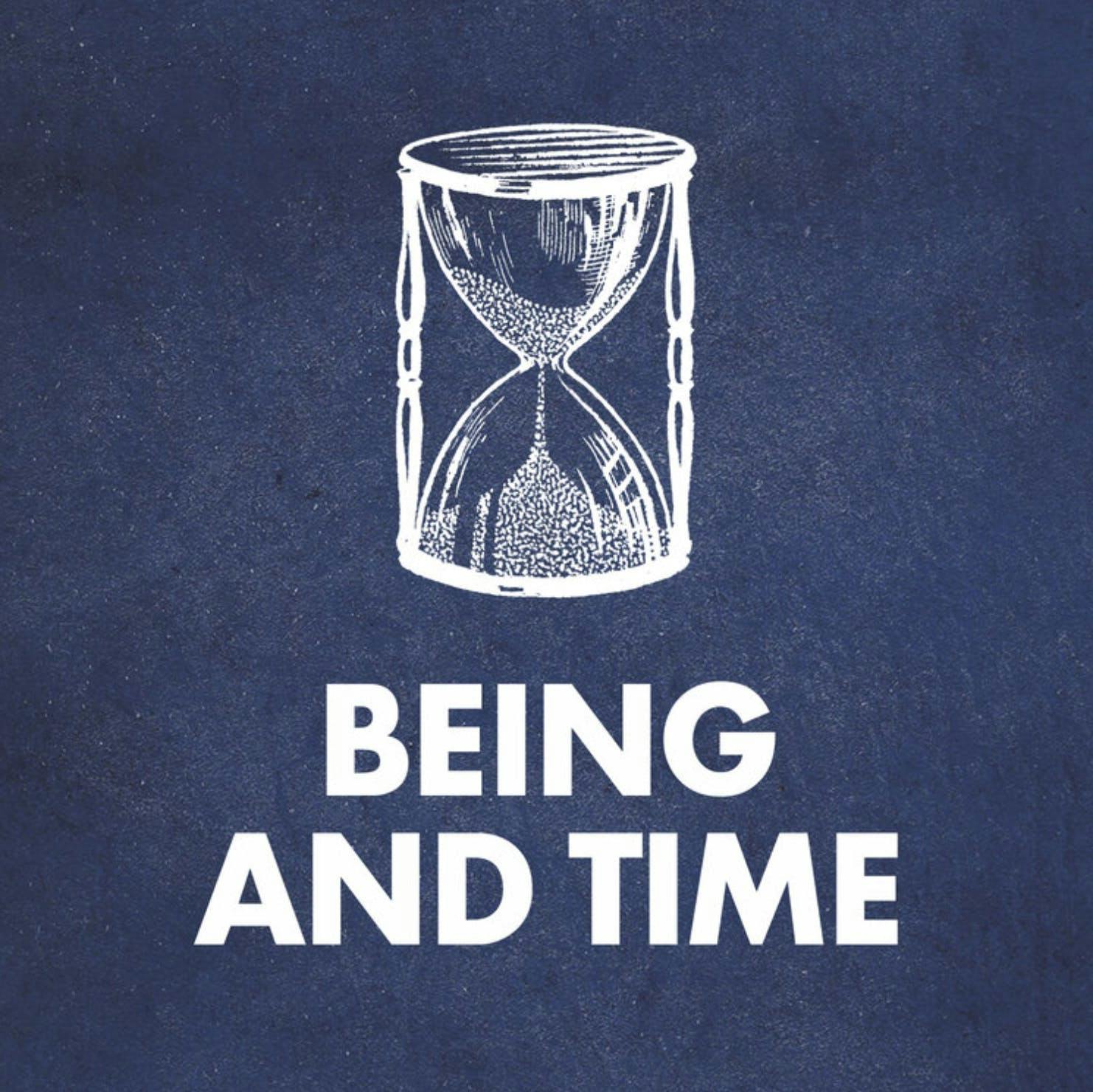
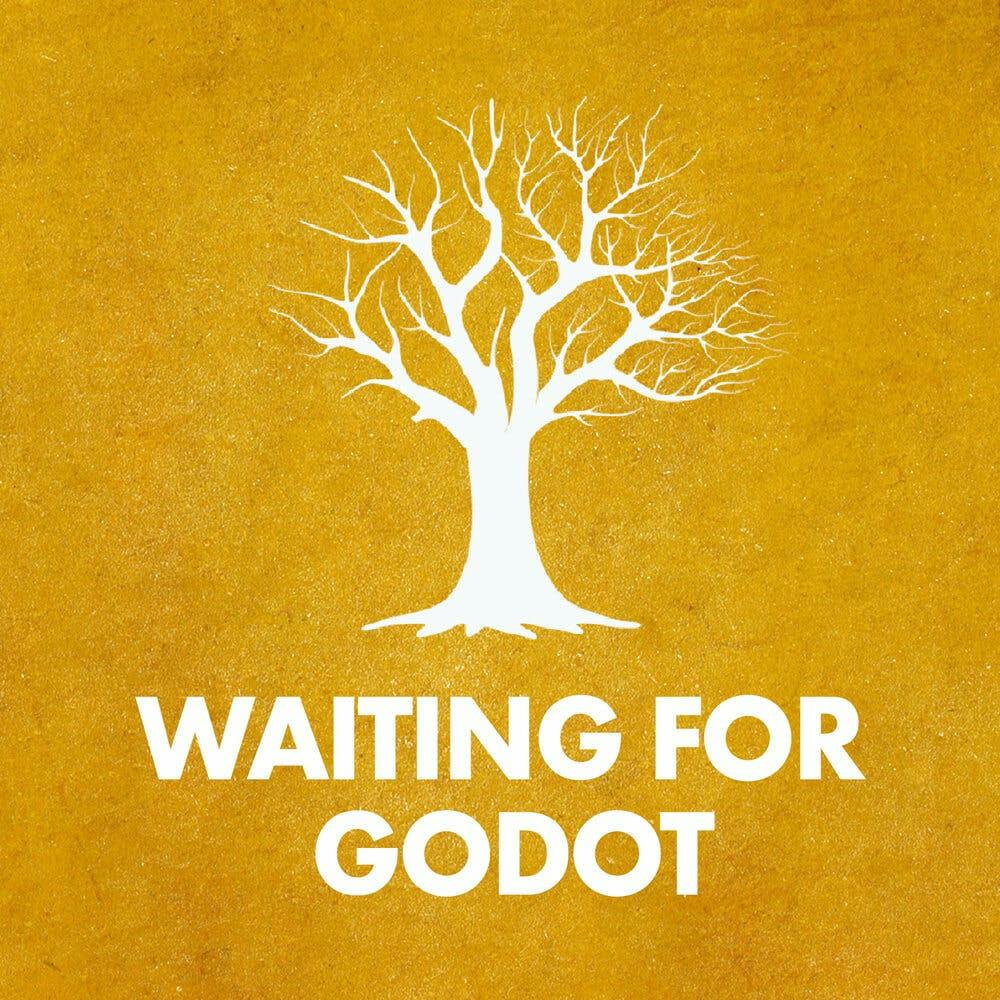

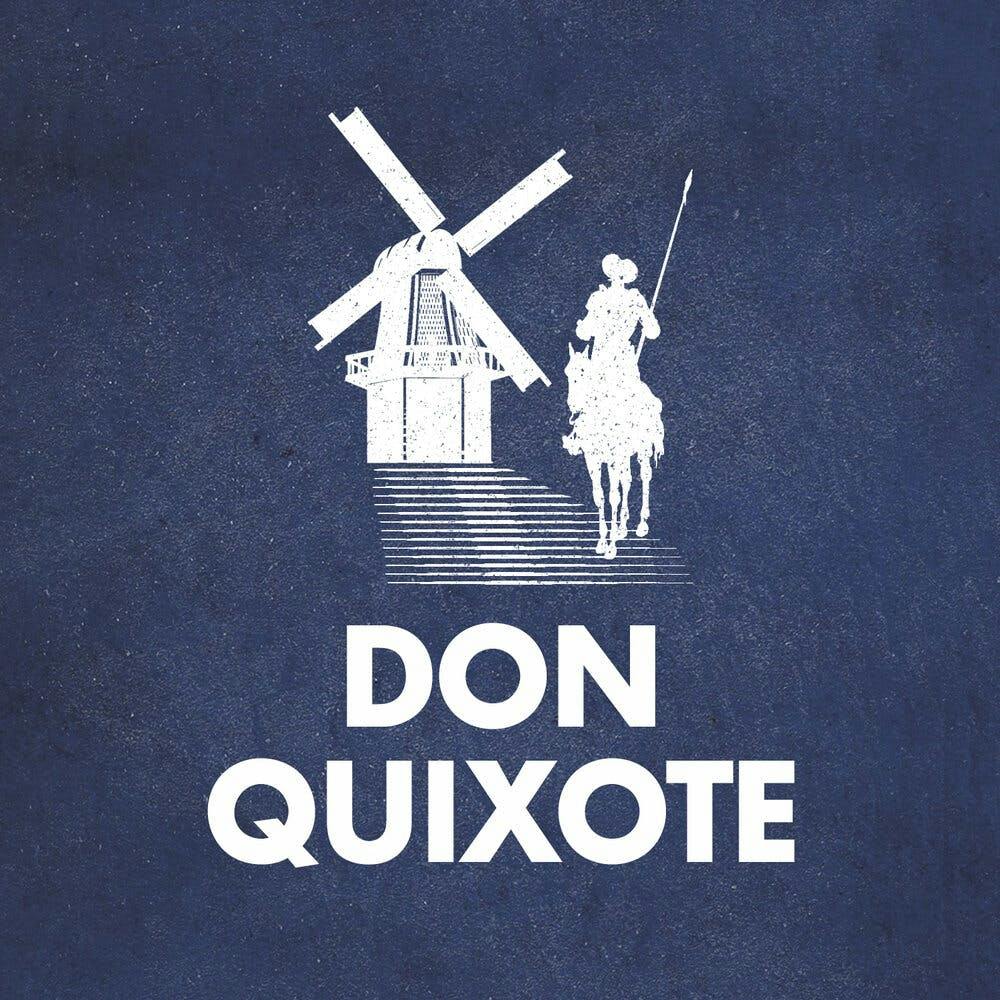
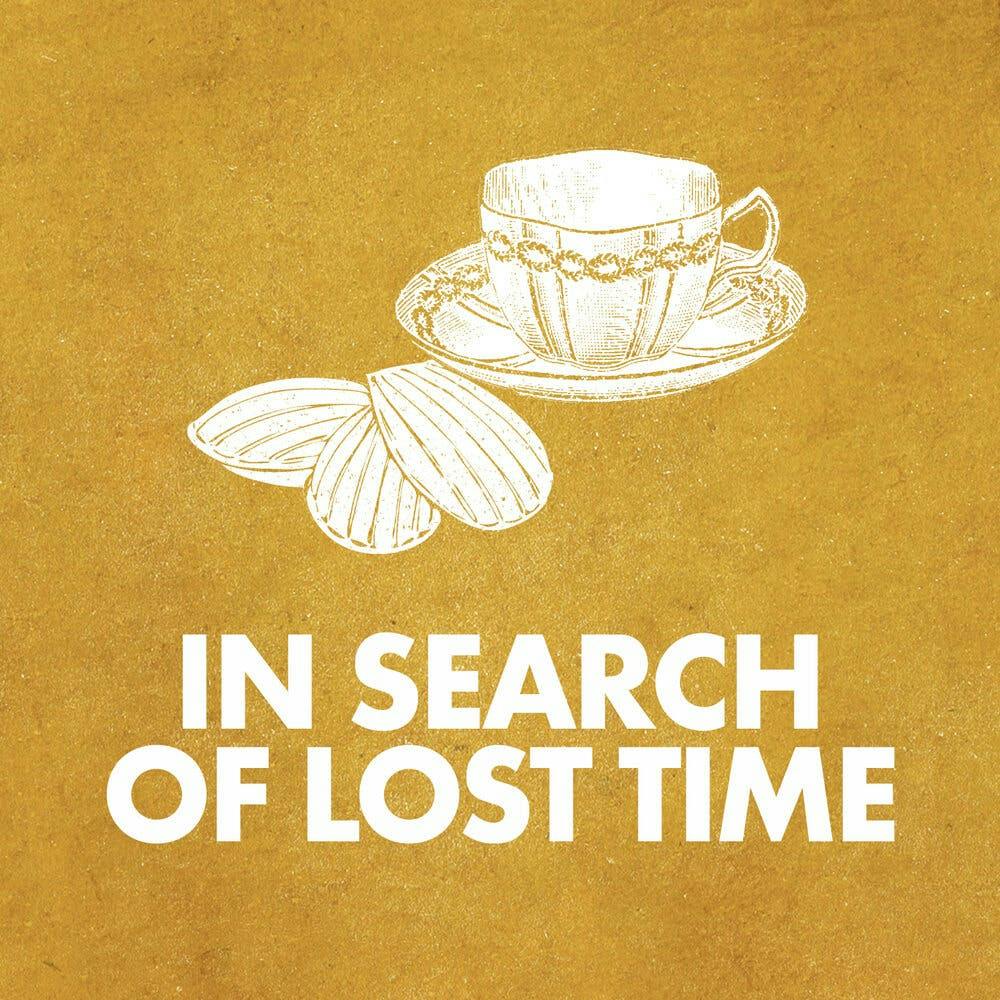
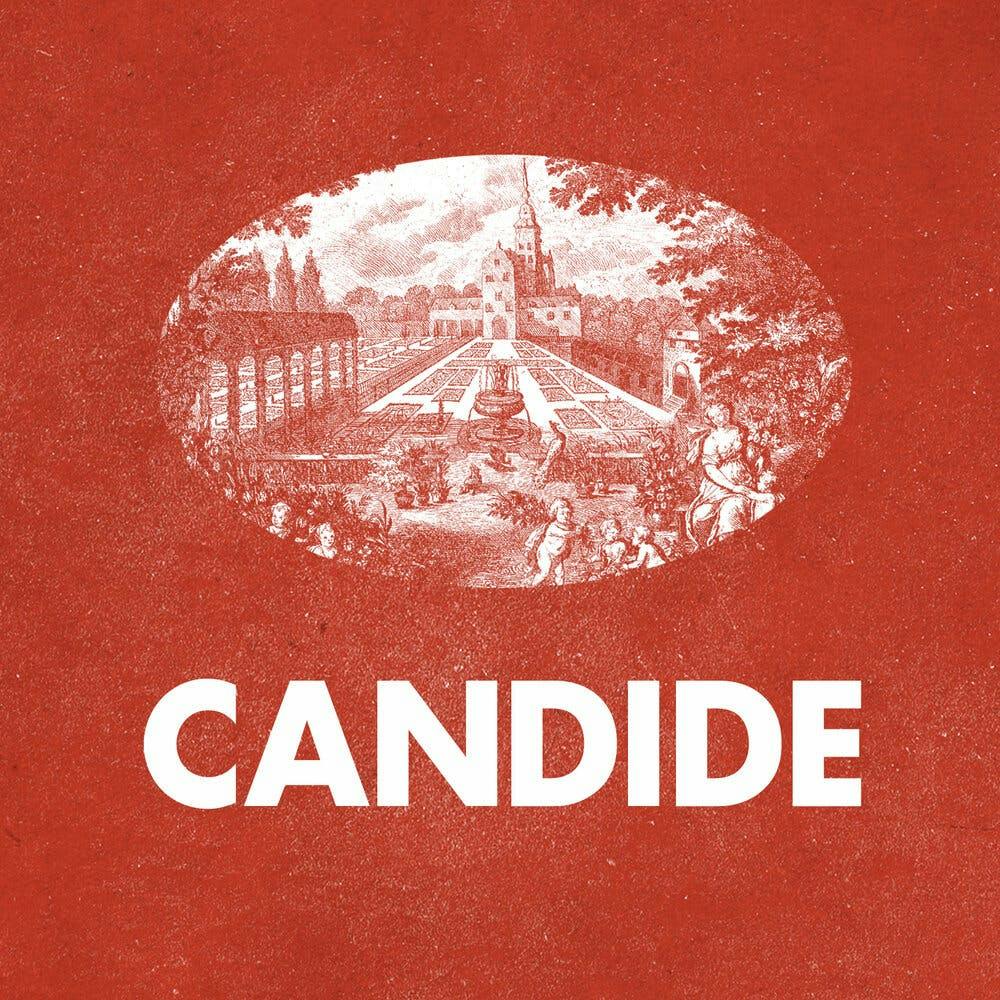
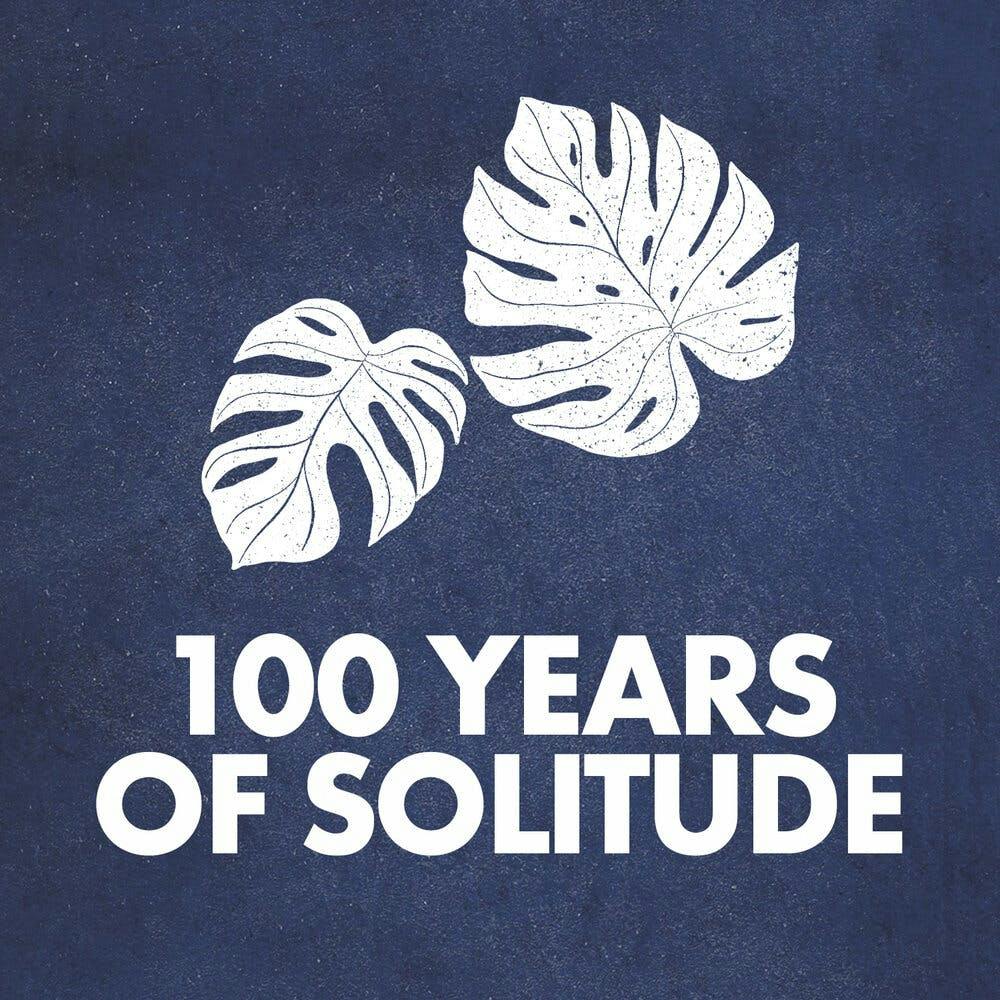
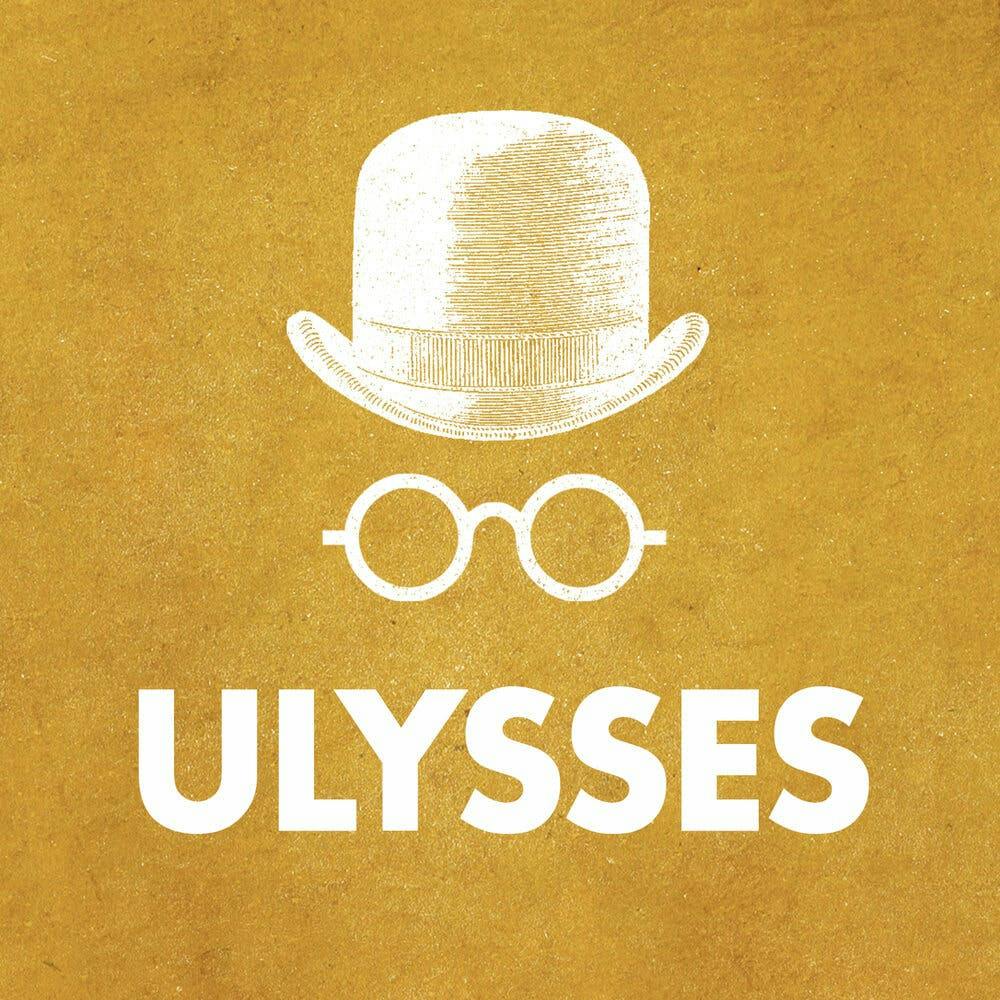
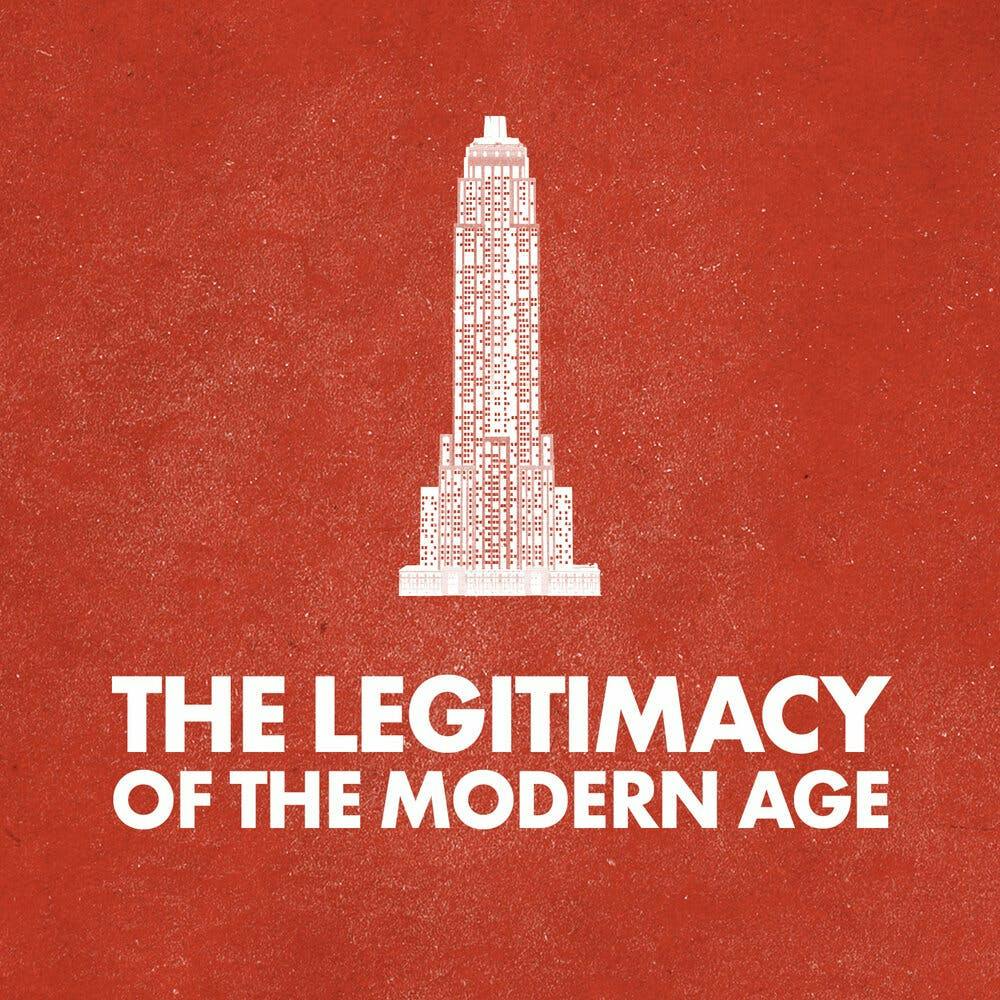
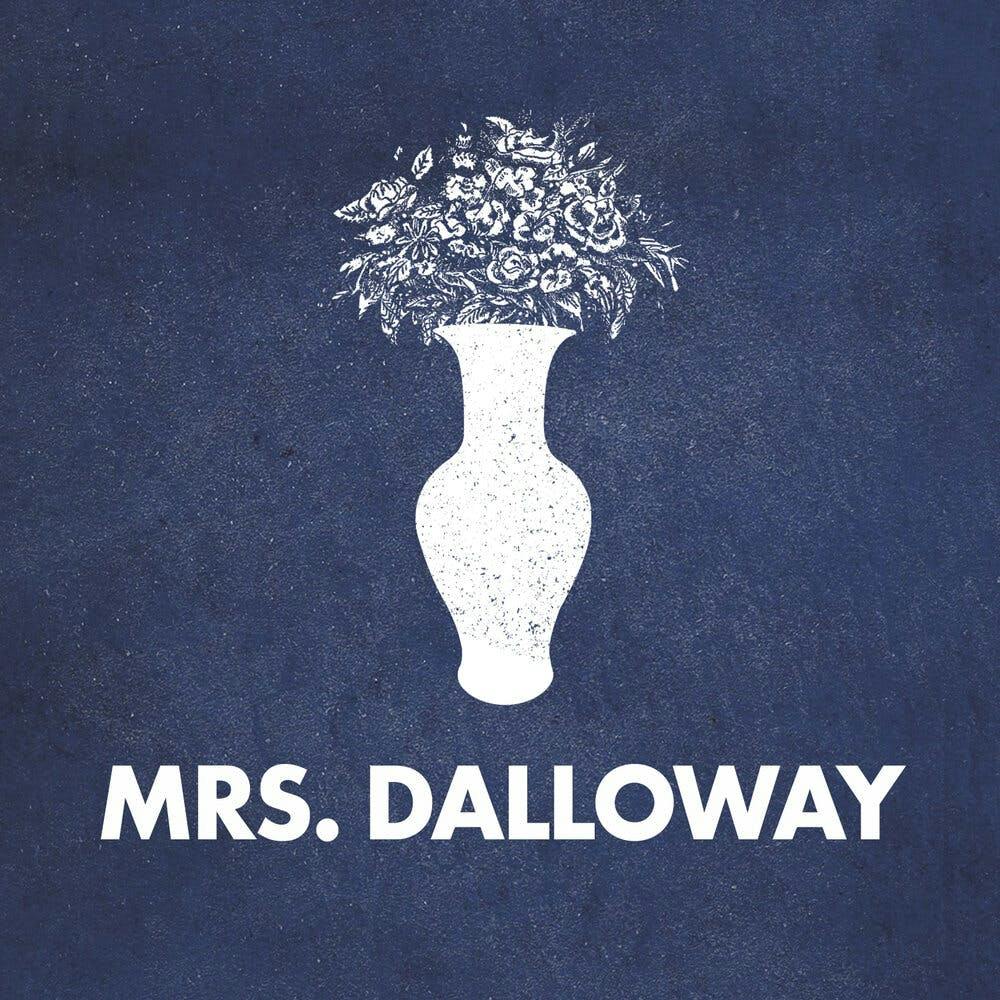
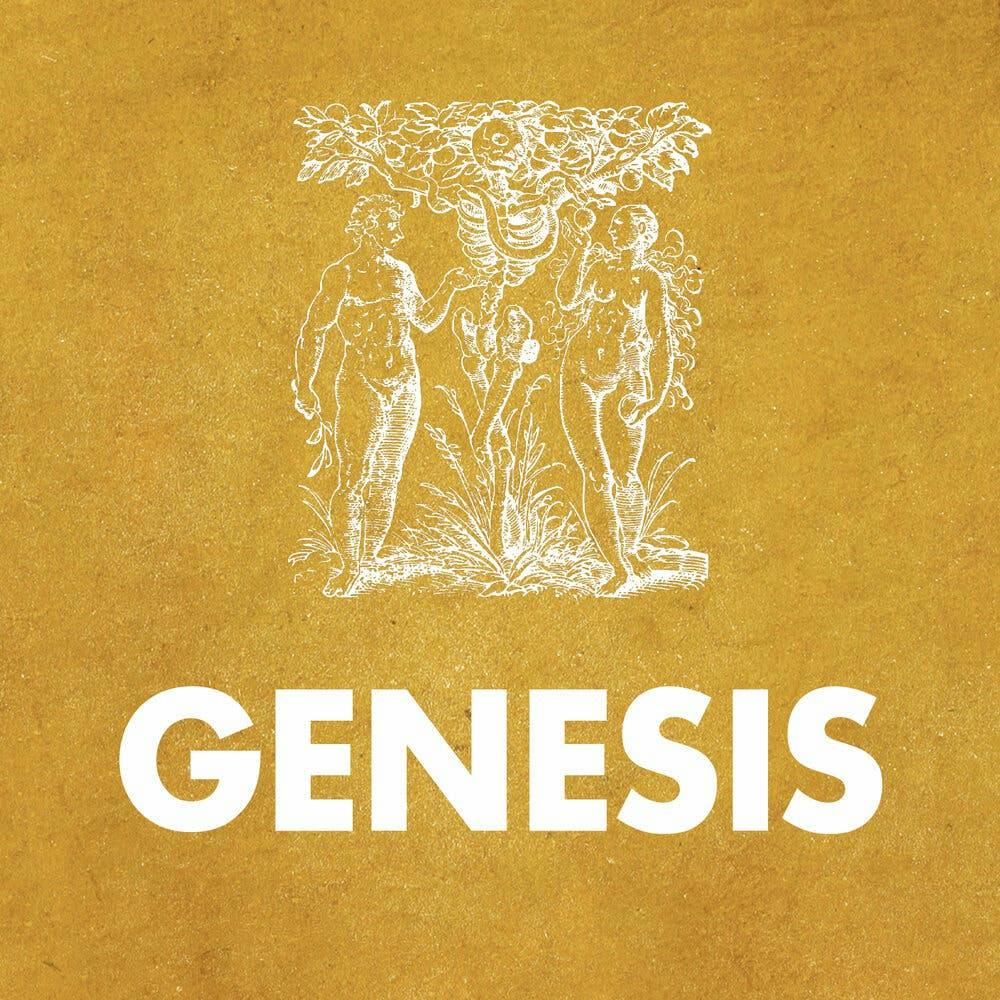
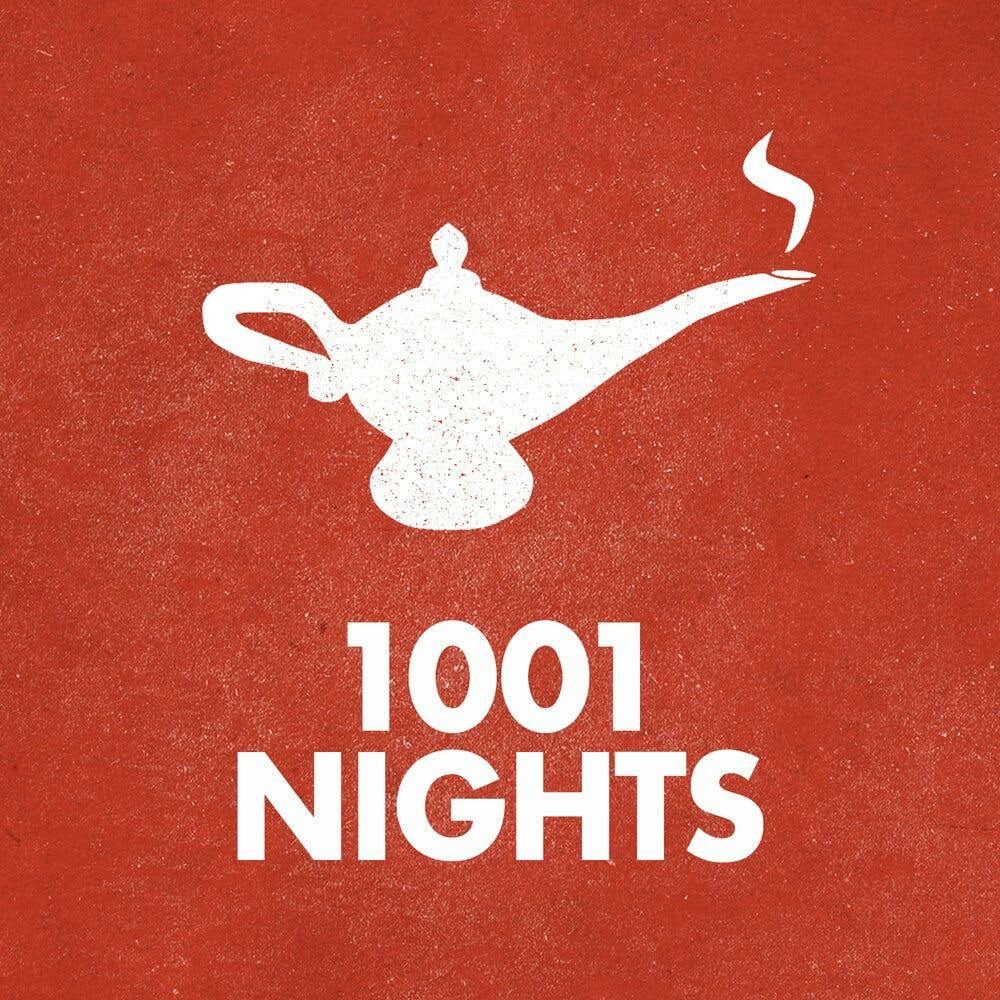
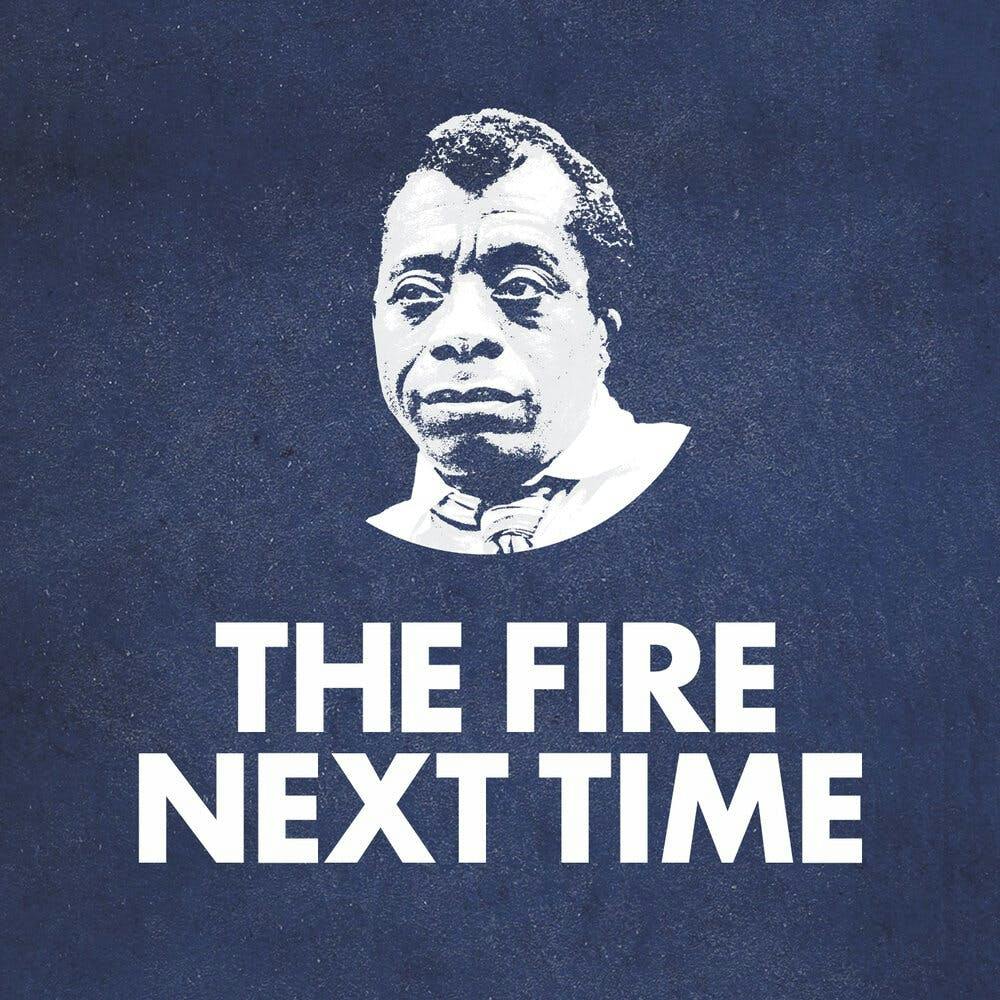
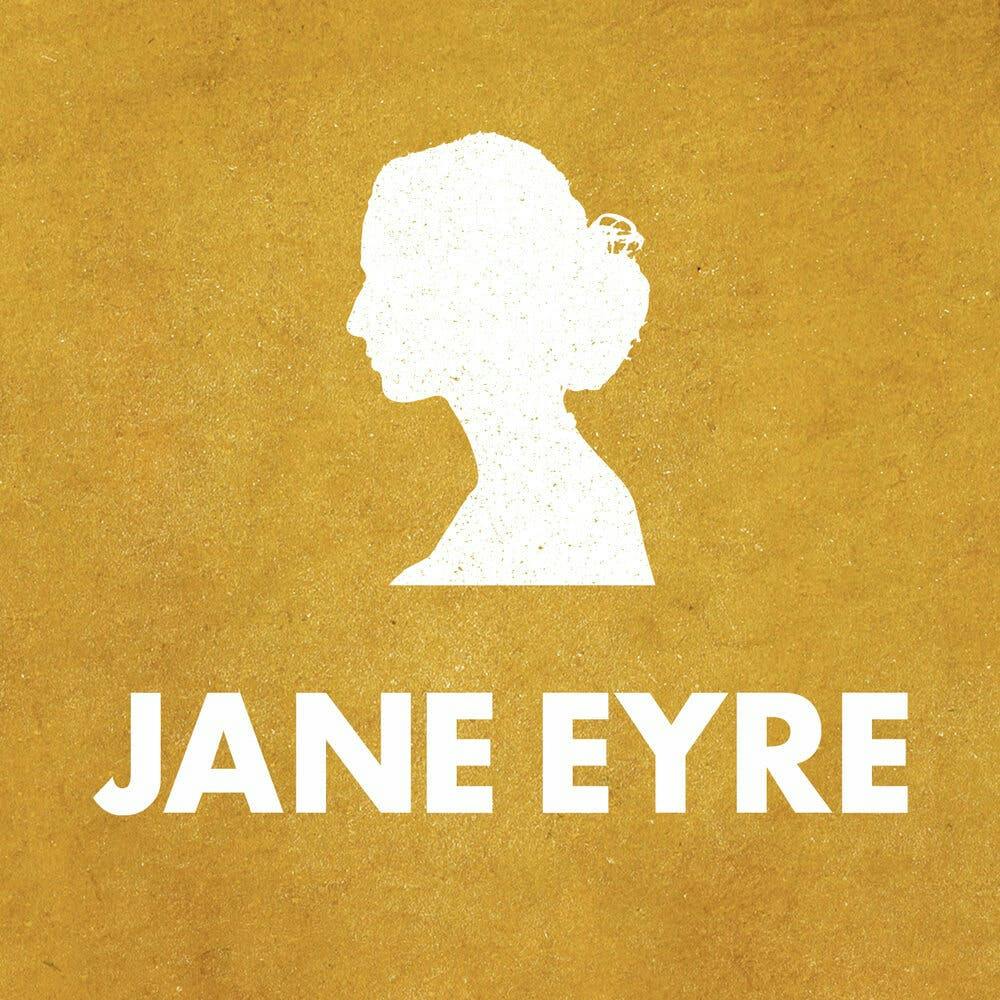
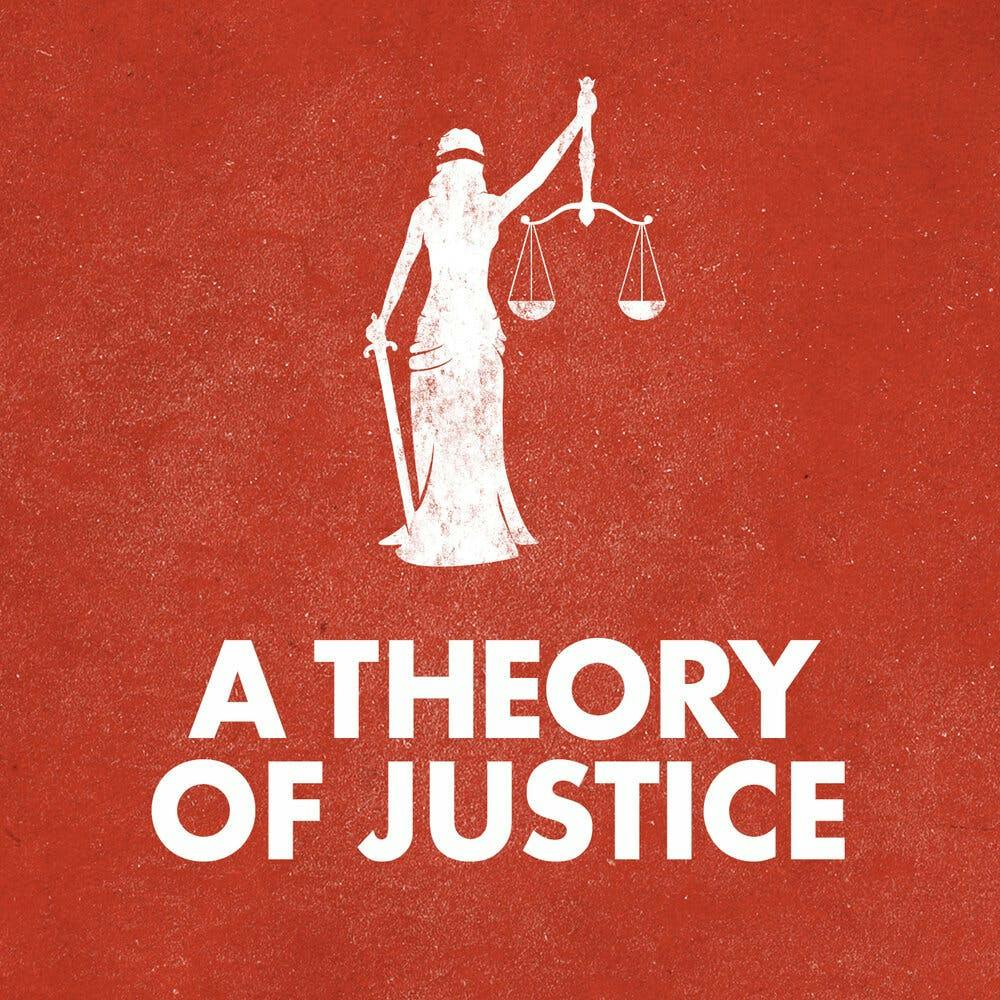
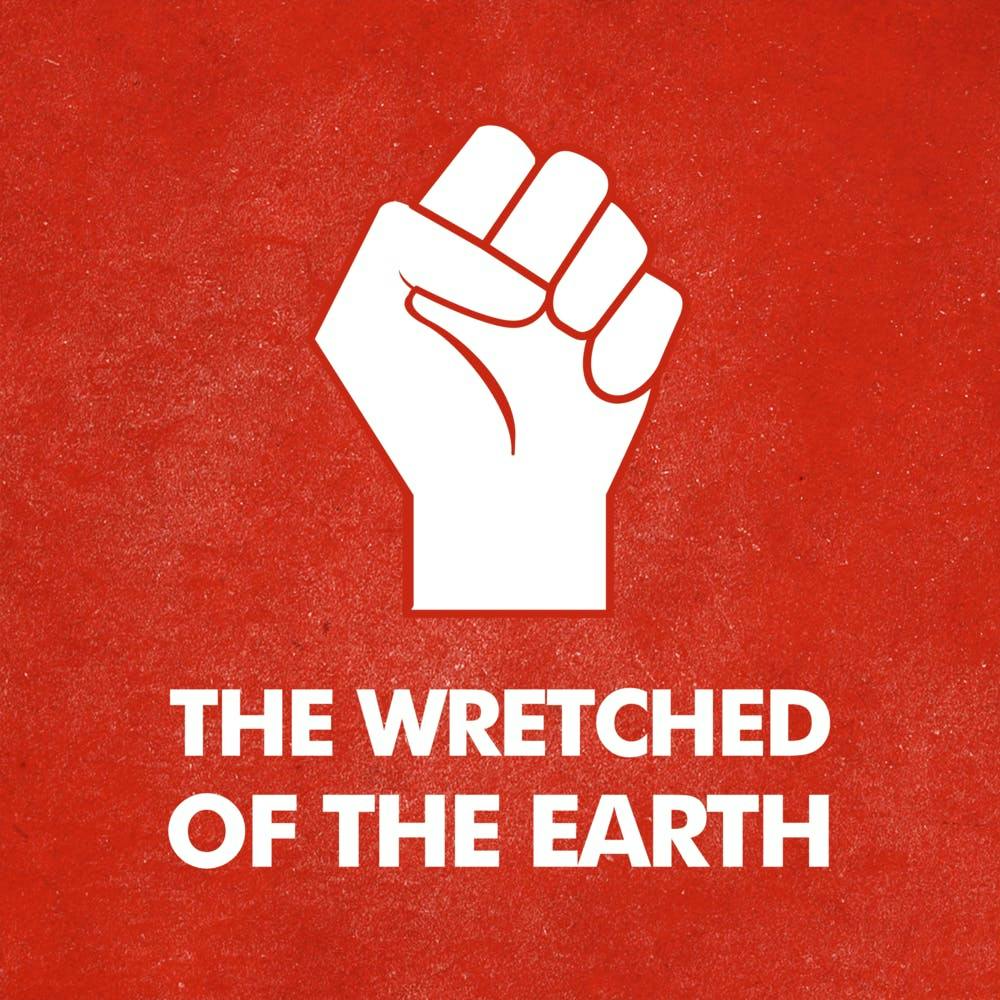
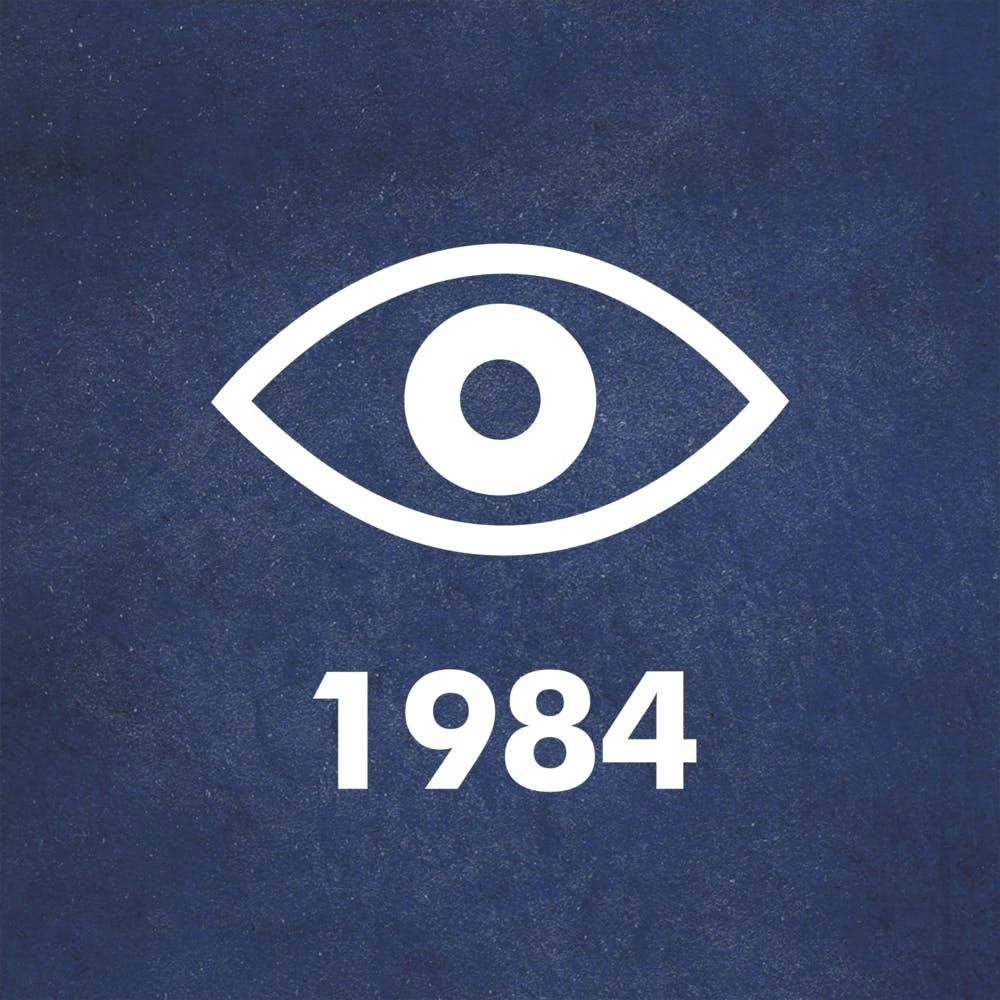
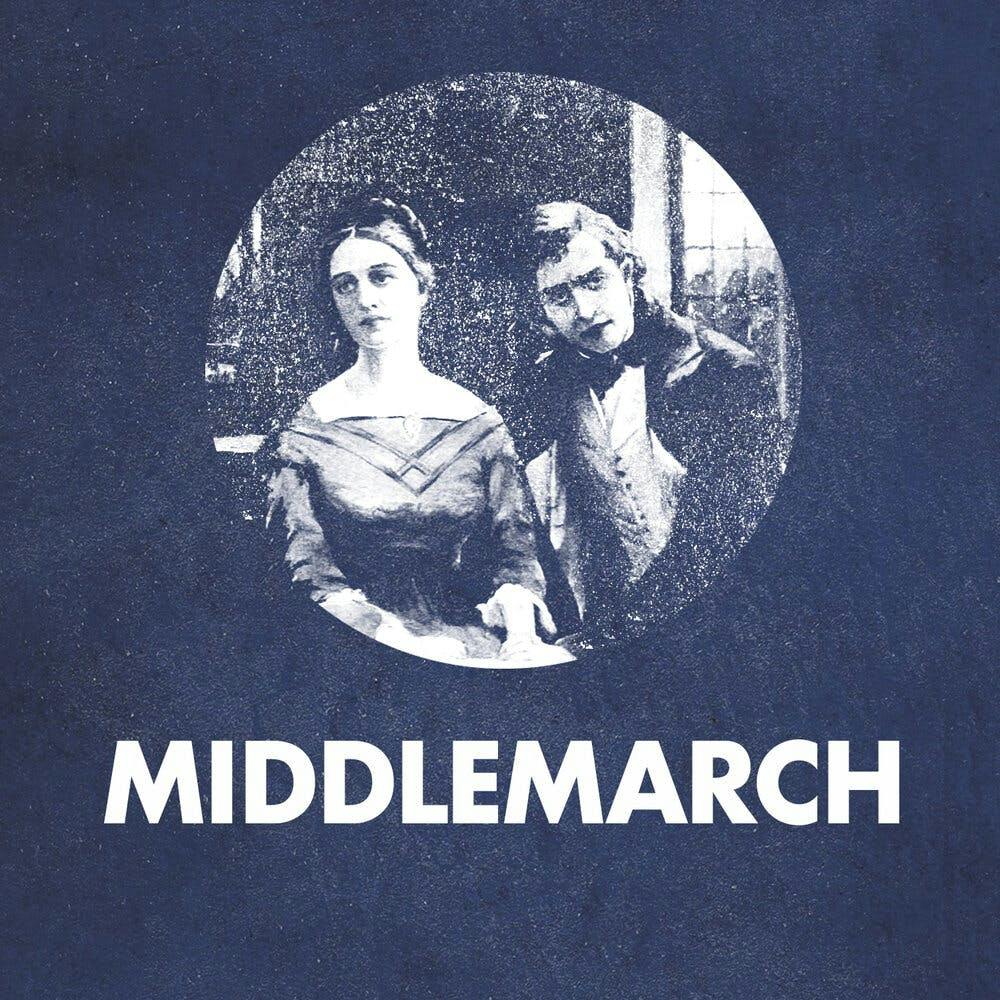
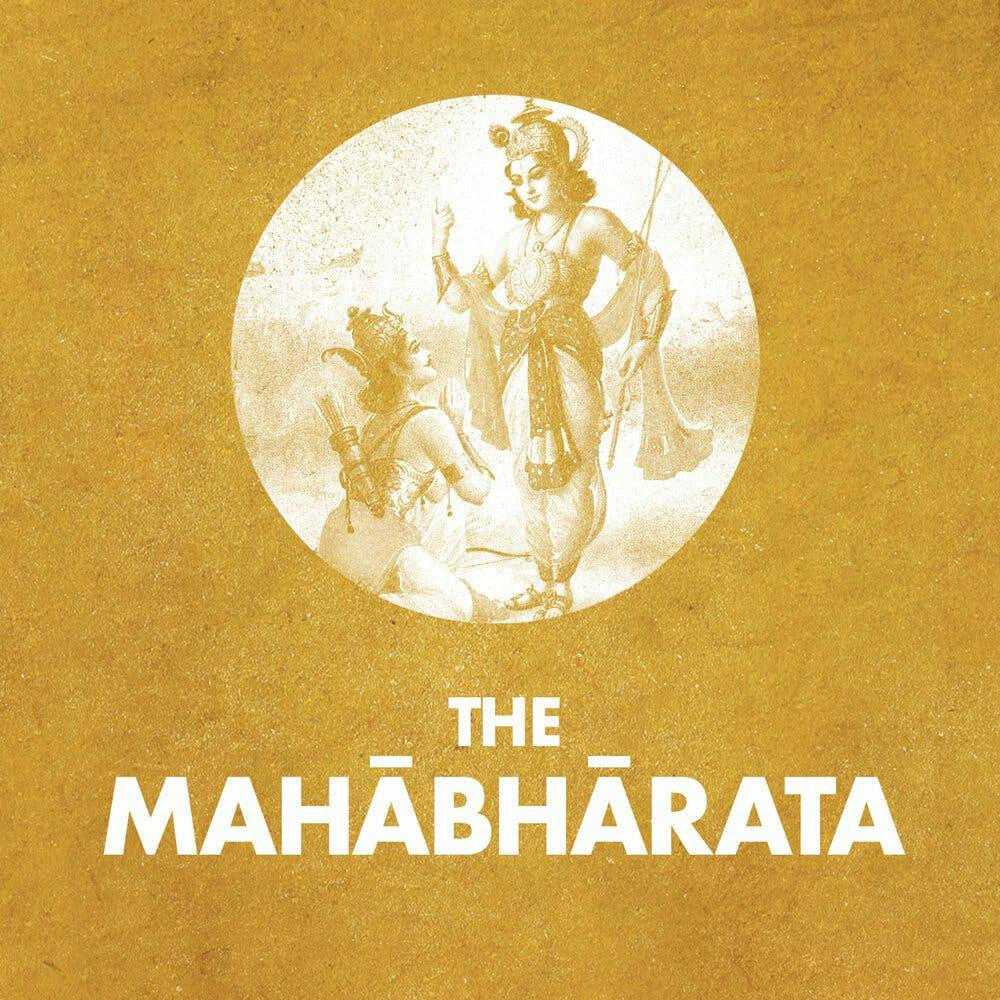



This lady is cracked. She must be the equivalent of a Bishop or a Cardinal in a left wing green cult. Apparently this book is mostly about toxic masculinity, imperialism, fossil fuels, the evils of capitalism, even more imperialism, and we can't forget homophobia. // The brand promise of this podcast is to explain how great books have changed the world. This guest only wanted to analyze this great book using her fancy, PC, woke glasses. I hope this is not a trend.